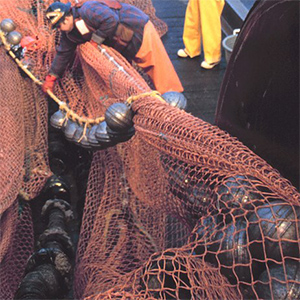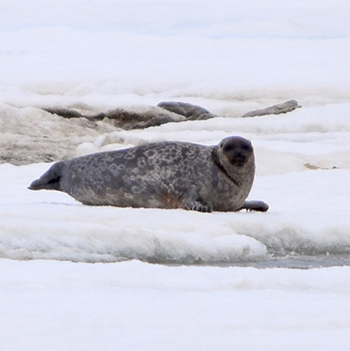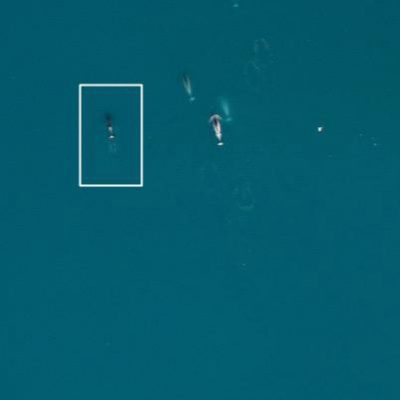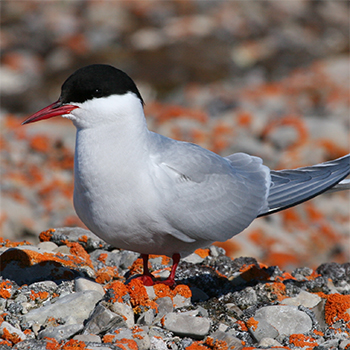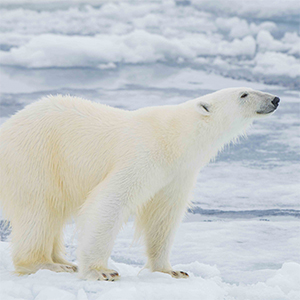Countries likely missing out on revenue from catch share fisheries
Despite harvesting an estimated global value of US$17.7 billion worth of fish, many catch share fisheries may be paying little or no royalties on their harvests, with countries likely foregoing this potential source of revenue.
Food for seals and other Arctic predators is shrinking — literally
Unchecked climate change may leave some Arctic predators, such as seals and whales, surviving off of marine “junk food”.
Jessica Schaub wins Vanier Scholarship
This prestigious award is given to students based on their academic work and leadership skills.
PROFILE: Using mathematical ingenuity to solve ecological puzzles
“Ecology has a lot of difficult data to handle, and a big part of my research is developing new statistical methods to tackle these problems,” says Dr. Marie Auger-Méthé.
How to spot the elusive narwhal
“We brought an infrared camera mostly to see if we could find walruses, seals, and polar bears on the ice, but when we looked at the infrared footage, we saw these narwhals swimming.”
‘Sticky questions’ raised by study on coral reefs
Study found coral in more polluted and high traffic water handled extreme heat events better than a more remote, untouched reef.
Surprising insights into the migration pattern of world’s farthest-migrating species
The Arctic tern—which has the world record for the longest annual migration—uses just a few select routes, a key finding that could help efforts to conserve the species
Q & A: Big data meets big (polar) bears
Goal: to learn how polar bears find food and understand how they use wind to guide them in their search for prey.

